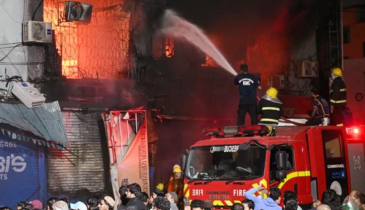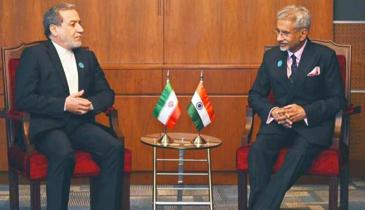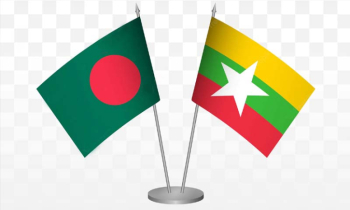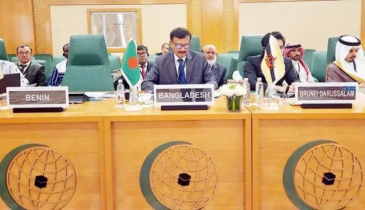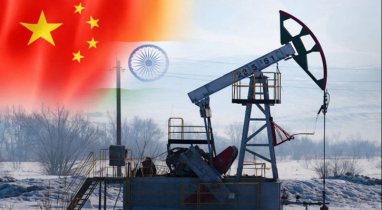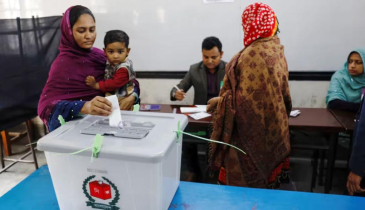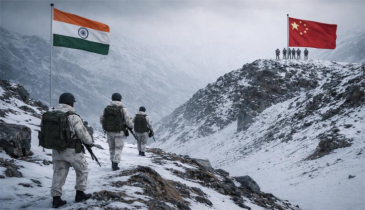India-Pakistan exchange barbs at UN General Assembly
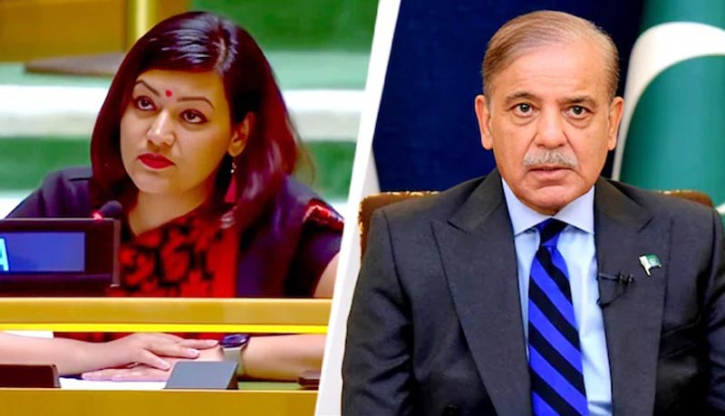
The decades-old rivalry between India and Pakistan once again flared up at the United Nations General Assembly this week, even though Indian Prime Minister Narendra Modi did not attend the 80th session.
Historically, the annual gathering has often been a stage for the two neighbours to air grievances, and this year was no exception.
Pakistan’s Prime Minister Shehbaz Sharif used his address to recall the brief but deadly conflict with India in May 2025, claiming Pakistani forces had shot down seven Indian aircraft during the clashes. He credited US President Donald Trump for swiftly brokering a ceasefire, lauding him as “a man of peace” and revealing that Islamabad had even nominated him for the Nobel Peace Prize. Sharif went further, saying Trump himself confirmed that India, not Pakistan, sought American mediation to halt the fighting — a jab at New Delhi’s long-standing insistence that it never internationalizes its disputes with Pakistan.
India swiftly hit back. Using the Right of Reply, Petal Gahlot India’s First Secretary at the UN, rejected Sharif’s claims as “baseless.” She argued that Indian forces had crippled Pakistan’s airfields during “Operation Sindoor” and insisted it was Islamabad that sued for peace after heavy losses.
The war of words escalated when Pakistan’s Counsellor Saima Saleem, delivered a pointed rebuttal. She accused India of spinning a “fabricated narrative” to cover up failures on the battlefield. Saleem went further, “We are compelled to respond to a state that cannot decide whether to masquerade as the world’s largest democracy or expose itself as the world’s largest factory of disinformation.”
She accused India of weaponizing terrorism as a tool of state policy, both within its borders and across the region. “When its adventurism collapsed in defeat, India resorted to excuses,” she said of the May conflict. “Pakistan defended its sovereignty and emerged stronger in resolve and preparedness.”
The diplomatic sparring came just as Pakistan urged renewed dialogue with India from the UN platform. But India’s External Affairs Minister, Subrahmanyam Jaishankar, doubled down on New Delhi’s stance, emphasizing terrorism as the central obstacle. Without naming Pakistan, he described India’s neighbour as “the epicentre of global terrorism,” blaming it for decades of violence in South Asia and beyond.
“For decades now, major international terrorist attacks are traced back to that one country,” Jaishankar told delegates. “Those who condone nations that sponsor terror will find that it comes back to bite them.” He reiterated that India would “exercise its right to defend its people against terrorism,” underscoring New Delhi’s unwillingness to ease pressure without concrete action from Islamabad.
.png)


